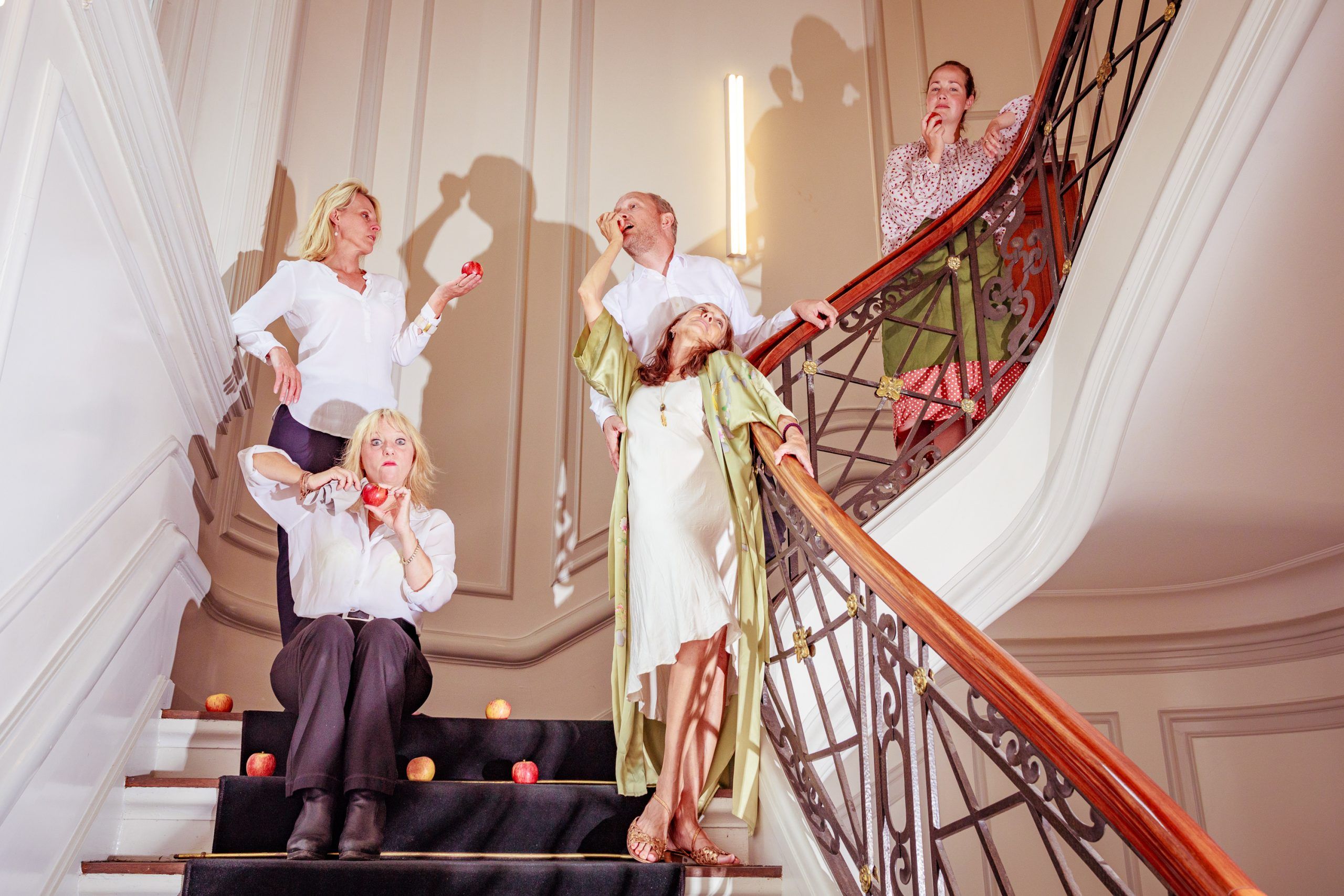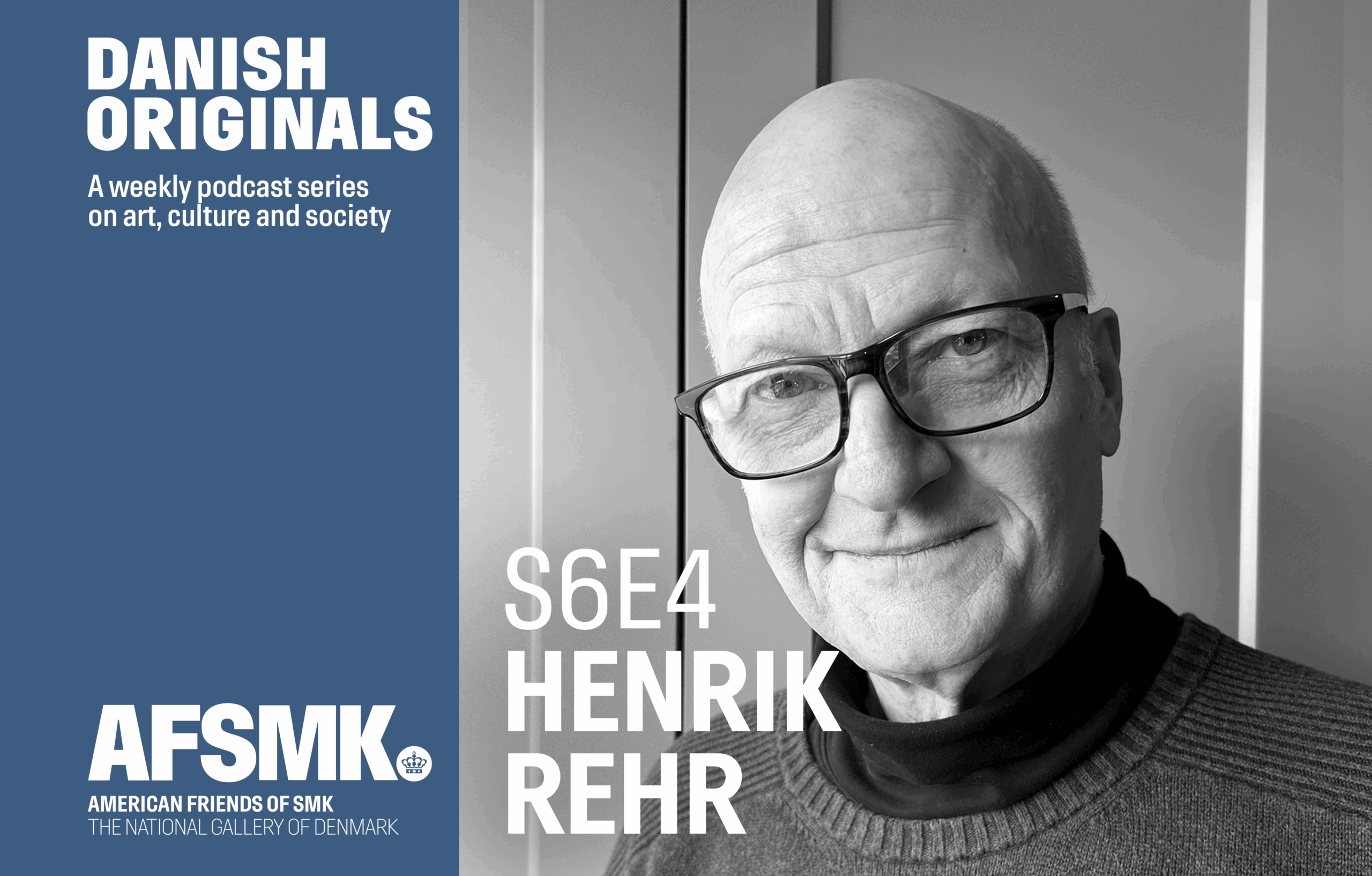Did you know that it’s possible to literally die of laughing too hard?
Last Thursday this almost happened to me while I was watching the House of International Theatre’s latest production, Sarah Ruhl’s ‘The Clean House’ – a play superbly directed by Jeremy Thomas-Poulsen that is scheduled to run at Krudttønden theatre until October 6.
Laughter is the best medicine
I was laughing my head off, uncontrollably with tears in my eyes, while a wonderful cast gave life to this tale of a Brazilian comedian, Matilde (portrayed by Danish actress Isabel Escudero with gusto, pizzazz and a convincing Portuguese accent – and that’s coming from a fellow Latina!), who moves to America to pursue her dream of being a stand-up.
In her opening monologue Matilde tells a joke in Portuguese, and while it is confusing, that’s the point of the play. The gathered audience react with laughter to the oddness of the situation – the confusion and gestures – because that is the nature of humour. It inherently transcends and breaks down the barriers of language, overbearing etiquette, class and race differences, taboos … and love.
Matilde ends up cleaning house for uppity Lane (Jana Pulkrabek, splendidly neurotic in her best ever HIT performance), a high-ranking doctor who likes her house to be shining, and witnessing a ‘telenovela’ first-hand as her boss’s life starts to unravel before her.
Masterclass in direction
Not only is the play’s direction wonderful, but so is the staging – in fact, during the customary interval introspection, we quickly reach a consensus that this was the standout achievement. Simple elevation has enabled Thomas-Poulsen to render the rather limp flatness of the Krudttønden stage, which in view of an over-looming audience can seem a little puny regardless of the subject matter of the play.
Characters boldly leave the stage upstairs instead of sloping off into the shadows, while the upper level is utilised to perfection to bring us flashbacks, occasional surrealism, and location scenes. It’s like the stage has all the answers of our past, present and future. For example, scenes from Matilde’s childhood are performed through a veil, eliciting a dreamy effect that perfectly captures the texture of memory.
Thomas-Poulsen’s attention to detail doesn’t end with the clever gimmicks (such as the superimposed text to explain and comment on important plot developments), as he also has a palette scheme going on.
While the first act is mostly white on white to reflect the order of their lives – a clean home with the secrets firmly locked in the closets – the second brings chaos, as apples fly through the air and rot beneath our feat while sofa cushions defecate themselves, the stuffing like innards, fully exposed for all to see.
Touching play resonates with us all
Ensembles don’t come along like this very often, but if we had to single out one performer, it would be Vanessa Poole in the role of Lane’s sister, Virginia. From her very first utterance, she steals the show with exquisite timing in what is her funniest role ever. Her sibling rivalry with Pulkrabek’s Lane – as the sterile environments of their everyday lives come crashing together with the inevitability of an iceberg hitting the Titanic – is understated and all the more touching.
The play also resonates because is is highly relatable to internationals. We might reject the notion, but deep down we know that we as immigrants are expected to do the jobs that you would never do at home. You come to a new country with a dream of a better future, but because you are a foreigner you have to do what you have to do to survive – even if you have multiple qualifications.
To say it is the funniest play I have ever seen in Copenhagen is no exaggeration. Thanks to this play I can laugh more about my situation as an immigrant, no matter what happens, and always chuckle at the memory of Matilde’s sage advice that “a good joke cleans you inside out”.













